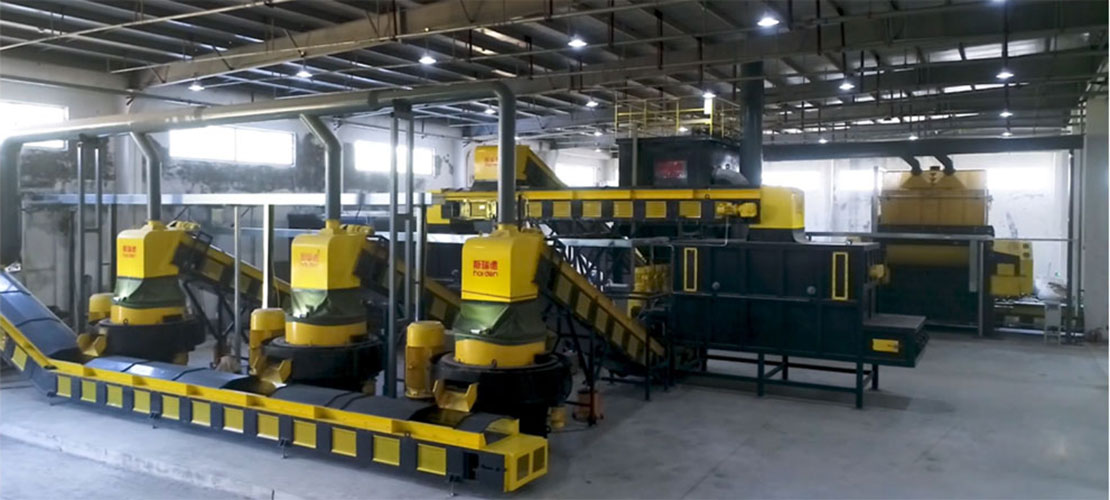 2023-02-03
2023-02-03Introduction: Biomass waste is used as an alternative fuel, as well as green/gray hydrogen (H2)) calcined clinker to replace fossil fuels. The necessary condition is that the heat replacement rate TSR increases from 6% in 2021 to 100% in 2050, which can reduce the total carbon emission per unit of cement by 21%.
Under the environment of global carbon emission reduction, cement production with low carbon emission is an important direction of cement industry development.

How to maximize the value of solid waste is the difficulty of effective utilization of solid waste resources, and it is also a crucial process to replace fossil fuels in cement kilns.
So how to solve the problems of complex solid wste components and low calorific value?
The recent boom in solid waste alternative fuel preparation could give you the answer. Harden’s alternative fuel preparation technology is to prepare solid waste into solid recovered fuel (SRF)/refuse-derived fuel (RDF) with high calorific value through shredding, magnetic separation, sorting, dust removal, granulation and other processes.

The alternative fuel preparation system provided by Harden processes solid waste into solid recovered fuel (SRF) or Refuse-derived fuel (RDF) with high calorific value through shredding, magnetic separation, dust removal, granulation and other processes. And the thermal substitution ratio (TSR) reaches 60%-70%, which meets the basic demand of coal burning in cement kilns.
In view of the complex composition of solid waste, Harden has conducted in-depth analysis and developed mature SRF/RDF preparation systems in the fields of MSW, industrial waste, bulky waste, paper mill waste, legacy waste, waste tires, biomass waste, etc. Through the combination of modular and integrated equipment, Harden provides the whole process of customization, manufacturing, quality inspection, installation and commissioning and after-sales service.
The alternative fuel preparation system can not only solve the problems of complex composition and low calorific value of solid waste, but also improve its combustion efficiency per unit volume in cement kilns, so as to achieve a higher TSR. By the system, the cement industry can gradually replace the use of fossil fuels and achieve low carbon emission economy.













